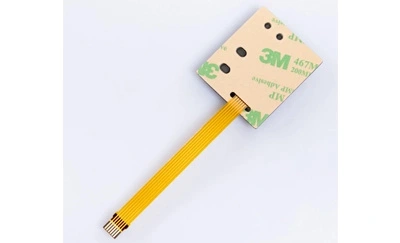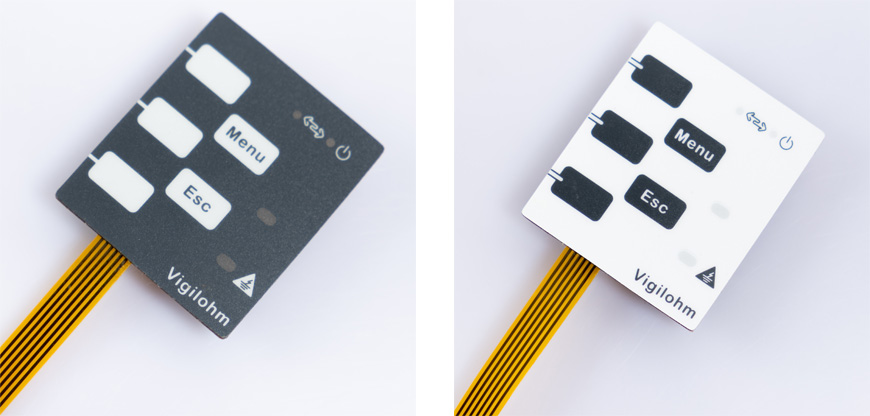
In today's fast-paced technological landscape, user interfaces play a pivotal role in our daily lives. Whether it's a microwave oven, a TV remote control, or a computer keyboard, the way we interact with devices has evolved significantly over the years. One key player in this evolution is the membrane touch switch. In this article, we will delve into the world of membrane touch switches, exploring their functionality, applications, and the advantages they offer.

Membrane touch switches, also known as membrane keypads or membrane switches, are a type of electrical switch that uses a flexible, thin, and usually transparent membrane as the key mechanism. These switches are designed to be robust, reliable, and user-friendly.
The basic principle behind membrane touch switches is quite simple. They consist of multiple layers of flexible materials, including polyester or polyimide. Between these layers, there are conductive traces made of silver or copper. When you press a key on the membrane switch, it causes the top and bottom layers to come into contact, completing an electrical circuit and registering the keypress.
Durability: Membrane touch switches are known for their durability. They can withstand millions of keypresses without wearing out, making them ideal for industrial and commercial applications.
Sensitivity: These switches are highly sensitive and require minimal force to register a keypress, resulting in a comfortable user experience.
Customization: Membrane touch switches can be customized in terms of design, layout, and tactile feedback, allowing manufacturers to create unique user interfaces.
The versatility of membrane touch switches extends to various industries and applications.
Consumer Electronics
In the world of consumer electronics, membrane touch switches are commonly found in remote controls, microwave ovens, and even washing machines. Their slim profile and customizability make them a popular choice for designers.
Medical Devices
In the medical field, hygiene and reliability are paramount. Membrane touch switches are used in medical devices like patient monitoring systems and infusion pumps due to their easy-to-clean design and long lifespan.
Industrial Control Panels
In industrial settings, where harsh conditions are prevalent, membrane touch switches excel. They are resistant to dust, moisture, and chemicals, making them indispensable in control panels for manufacturing equipment.
The automotive industry has embraced membrane touch switches for various applications.
Dashboard Controls
Modern vehicles feature sleek and responsive dashboard controls powered by membrane touch switches. These switches enhance the driver's experience by providing intuitive and reliable interfaces.
Infotainment Systems
Infotainment systems in cars rely on membrane touch switches for touchscreen functionality. Drivers and passengers can easily control navigation, entertainment, and climate settings with a simple touch.
In the ever-evolving world of technology, membrane touch switches stand as a testament to innovation and practicality. Their durability, sensitivity, and versatility have made them an integral part of our daily lives, from consumer electronics to healthcare and automotive applications.
Are membrane touch switches more reliable than traditional mechanical switches?
Membrane touch switches are known for their reliability, as they can endure millions of keypresses without failure.
Can membrane touch switches be customized for specific applications?
Yes, membrane touch switches can be customized in terms of design, layout, and tactile feedback to meet the specific requirements of different applications.
What industries benefit the most from membrane touch switches?
Membrane touch switches find applications in various industries, including consumer electronics, medical devices, and automotive.
Do membrane touch switches require a special cleaning regimen?
Membrane touch switches are easy to clean and maintain, making them suitable for applications where hygiene is essential.